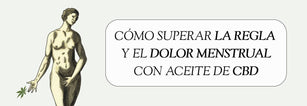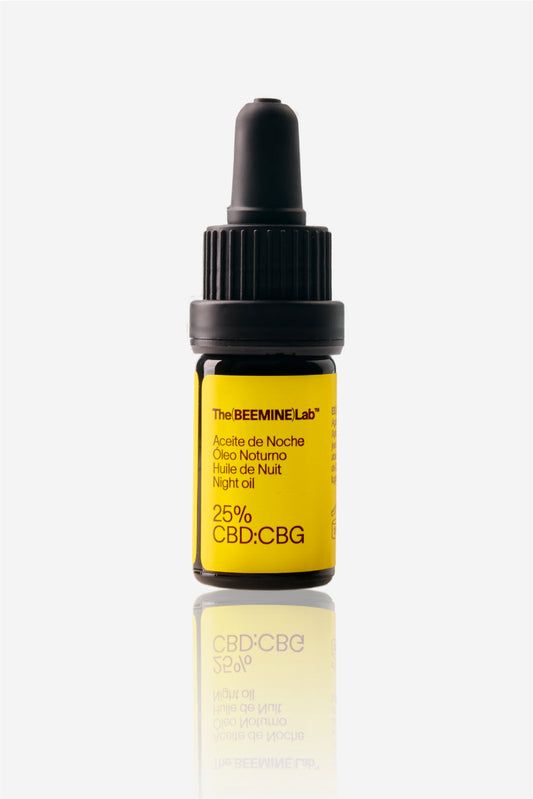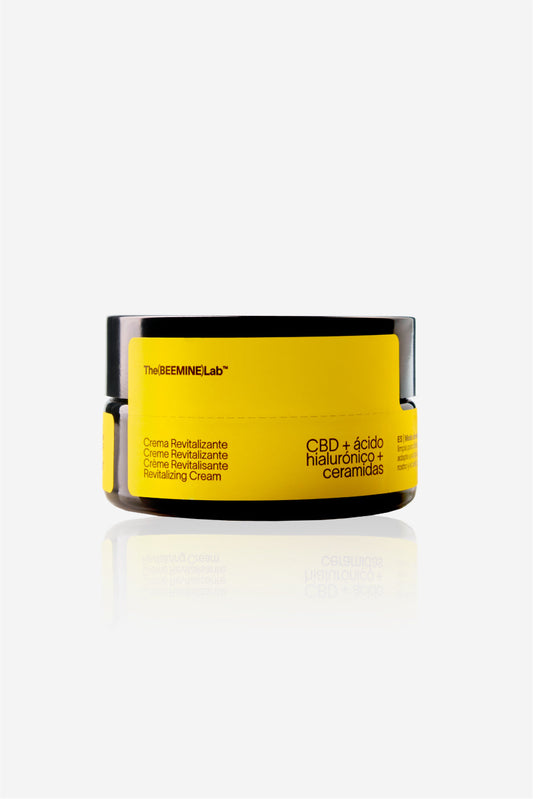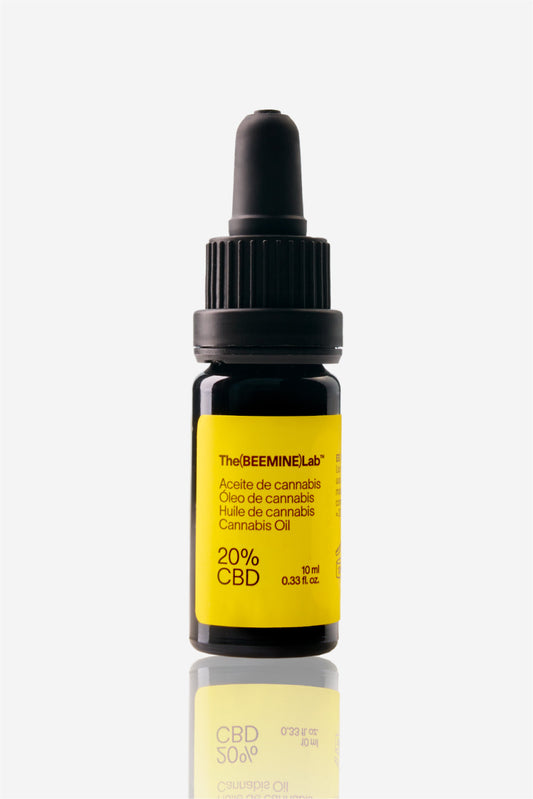Maintaining thick, shiny hair is very important today, both hygienically and aesthetically, and even psychologically, since it represents a fundamental part of the face. To make this possible, it is essential to take special care of the scalp, keeping the hair follicles in good health using a multifunctional natural product such as Beemine dermo-soothing shampoo that helps to cleanse in depth, prevent and relieve symptoms of irritation and flaking, strengthen the hair and counteract hair loss.
Hair falls out daily
Hair loss is a natural process, as each hair can have a life cycle of several years before falling out and being regenerated by a new one. Each day, between 80 and 100 hairs are usually lost, a number that can increase slightly when the hair is subjected to mechanical stress of various kinds, such as frequently using a helmet or certain types of hairstyles.
The regenerative cycle can weaken with age, ending at a genetically pre-established time for each hair follicle and causing permanent baldness or alopecia, which mainly affects men, although it frequently occurs in women as well, for whom it can represent an even bigger problem on an aesthetic and psychological level.
To try to delay this process, it is essential to take care of the scalp and the hair itself, establishing a routine of good practices and natural and effective products. (1-2)
What are the causes of hair loss?
Hair loss is closely related to advancing age and appears clearly above all after the age of 50, although baldness or alopecia can occur at different stages of life, being facilitated by genetic, environmental, nutritional, psychological and physical factors, such as in the case of suffering from stress and anxiety or as a result of taking certain medications.
In general, metabolic imbalances in the body negatively affect hair, which can be reduced and become weaker and finer, both on the head and on other parts of the body. (1-2)
What are the best treatments to stop hair loss?
Nowadays there are different treatments to strengthen hair and delay hair loss:
- Pharmacological treatments: There are drugs that are administered both internally and externally. In general, topical treatments attempt to stimulate the functioning of hair follicles by providing nutrients and increasing blood flow.
- Surgical treatments: through the micrograft technique
- Nutritional treatments: through a healthy and balanced diet and taking supplements that provide specific benefits for the hair
- Cosmetic treatments: There are many natural compounds (such as plants, minerals, vitamins) that stimulate and protect hair follicles, helping to stop hair loss without having to resort to pharmacological treatments. (1-3)
The last group includes various innovative products that contain ingredients derived from the cannabis plant, such as phytocannabinoids, including CBD, terpenes and seed oil.
As we have seen in our article on CBD against alopecia,
The Endocannabinoid System is involved in the proliferation mechanisms of hair follicles, so a treatment with phytocannabinoids can be a good tool to help stop hair loss. (4-5-6)
In an external treatment, apart from CBD, it is also possible to act through certain terpenes such as caryophyllene (7) and myrcene (8), which provide anti-inflammatory properties and promote the repair of hair follicles, such as seed oil that provides essential fatty acids (9).
Shampoo with hemp oil
Beemine's new hemp oil shampoo is a multifunctional product that helps to deeply cleanse the scalp, maintain its hydration and strengthen hair follicles, thanks to the synergistic effect between its naturally-derived ingredients.
Furthermore, by using shampoo with hemp oil it is possible to both prevent the appearance of possible irritations or inflammations and relieve the symptoms of itching and pain, thanks to the synergy between its multiple components derived from cannabis such as terpenes, the work of bees such as propolis and honey and other plants such as calendula, aloe vera and tea tree.
What to do to stop or prevent hair loss?
There are different ways to prevent hair loss and strengthen its structure:
- Maintain a healthy and balanced diet, rich in fruits and vegetables and with a balanced intake of vitamins, minerals, proteins and amino acids.
- Try to maintain a good psycho-physical balance, taking care of stress levels and sleep quality.
- Take care of your hair management, avoid subjecting it to strong mechanical stress
- Take care of your scalp and hair, using natural products that allow you to maintain good hygiene and prevent irritation problems, as well as promoting the normal physiological processes of the skin and hair follicles. It is not recommended to use hair hygiene products, as well as cosmetic products such as masks, dyes, hair sprays and gels with low-quality ingredients that can negatively affect hair health.
Can washing your hair every day cause hair loss?
In general, it is not advisable to shower every day, as this habit can negatively affect the protective functions of the skin, especially if the skin is exposed to water for prolonged periods of time, if hard sponges and/or soaps with more aggressive or low-quality ingredients are frequently used.
The skin on the scalp is no exception, so for this reason it is not advisable to wash your hair every day, although in reality the frequency of washing does not negatively affect the hair itself, which can instead be weakened more by the types of shampoos or products used or by frequently using a hairdryer.
In order to wash your hair frequently without causing hair loss, you should use natural products with high-quality ingredients such as dermo-soothing shampoo, applying the product with a gentle massage, respecting the required exposure time before rinsing with warm water, trying to comb gently and applying the air from the hairdryer at low power from an appropriate distance so that it does not dry out the hair or scalp.
Literature:
1 - Bonet, R., & Garrote, A. (2017). Hair loss. Elsevier , (Vol. 31. No. 5.), pages 13-. Retrieved from https://www.elsevier.es/es-revista-farmacia-profesional-3-articulo-caida-del-cabello-X0213932417617148
2 - Mayor Perez, MT (2004). Hair loss. Elsevier , (Vol. 23. No. 5.), pages 108-. Retrieved from https://www.elsevier.es/es-revista-farmacia-profesional-3-articulo-caida-del-cabello-X0213932417617148
3 - Enough of the nonsense: what works and what doesn't against baldness . (sf). SINC Agency. https://www.agenciasinc.es/Reportajes/Basta-de-tomaduras-de-pelo-que-funciona-y-que-no-contra-la-calvicie
4 - Telek, A., Bíró, T., Bodó, E., Tóth, BI, Borbíró, I., Kunos, G., & Paus, R. (2007). Inhibition of human hair follicle growth by endo- and exocannabinoids. FASEB journal: official publication of the Federation of American Societies for Experimental Biology , 21 (13), 3534–3541. https://doi.org/10.1096/fj.06-7689com
5 - Sugawara, K., Zákány, N., Tiede, S., Purba, T., Harries, M., Tsuruta, D., Bíró, T., & Paus, R. (2021). Human epithelial stem cell survival within their niche requires “tonic” cannabinoid receptor 1-signalling-Lessons from the hair follicle. Experimental dermatology , 30 (4), 479–493. https://doi.org/10.1111/exd.14294
6 - Tóth, KF, Ádám, D., Bíró, T., & Oláh, A. (2019). Cannabinoid Signaling in the Skin: Therapeutic Potential of the “C(ut)annabinoid” System. Molecules (Basel, Switzerland) , 24 (5), 918. https://doi.org/10.3390/molecules24050918
7 - Koyama S, Purk A, Kaur M, Soini HA, Novotny MV, Davis K, et al. (2019) Beta-caryophyllene enhances wound healing through multiple routes. PLoS ONE 14(12): e0216104. https://doi.org/10.1371/journal.pone.0216104
8 - Surendran, S., Qassadi, F., Surendran, G., Lilley, D., & Heinrich, M. (2021). Myrcene-What Are the Potential Health Benefits of This Flavoring and Aroma Agent?. Frontiers in nutrition , 8 , 699666. https://doi.org/10.3389/fnut.2021.699666
9 - Thomsen, BJ, Chow, EY, & Sapijaszko, MJ (2020). The Potential Uses of Omega-3 Fatty Acids in Dermatology: A Review. Journal of cutaneous medicine and surgery , 24 (5), 481–494. https://doi.org/10.1177/1203475420929925







